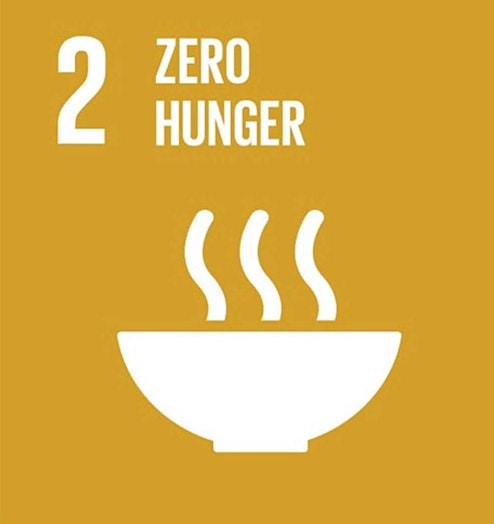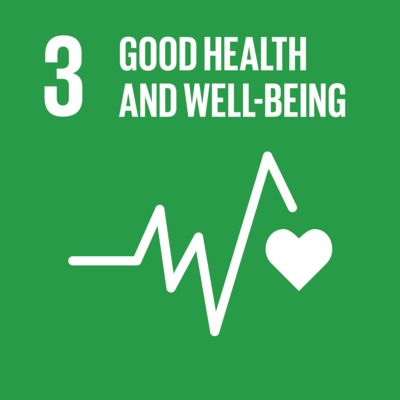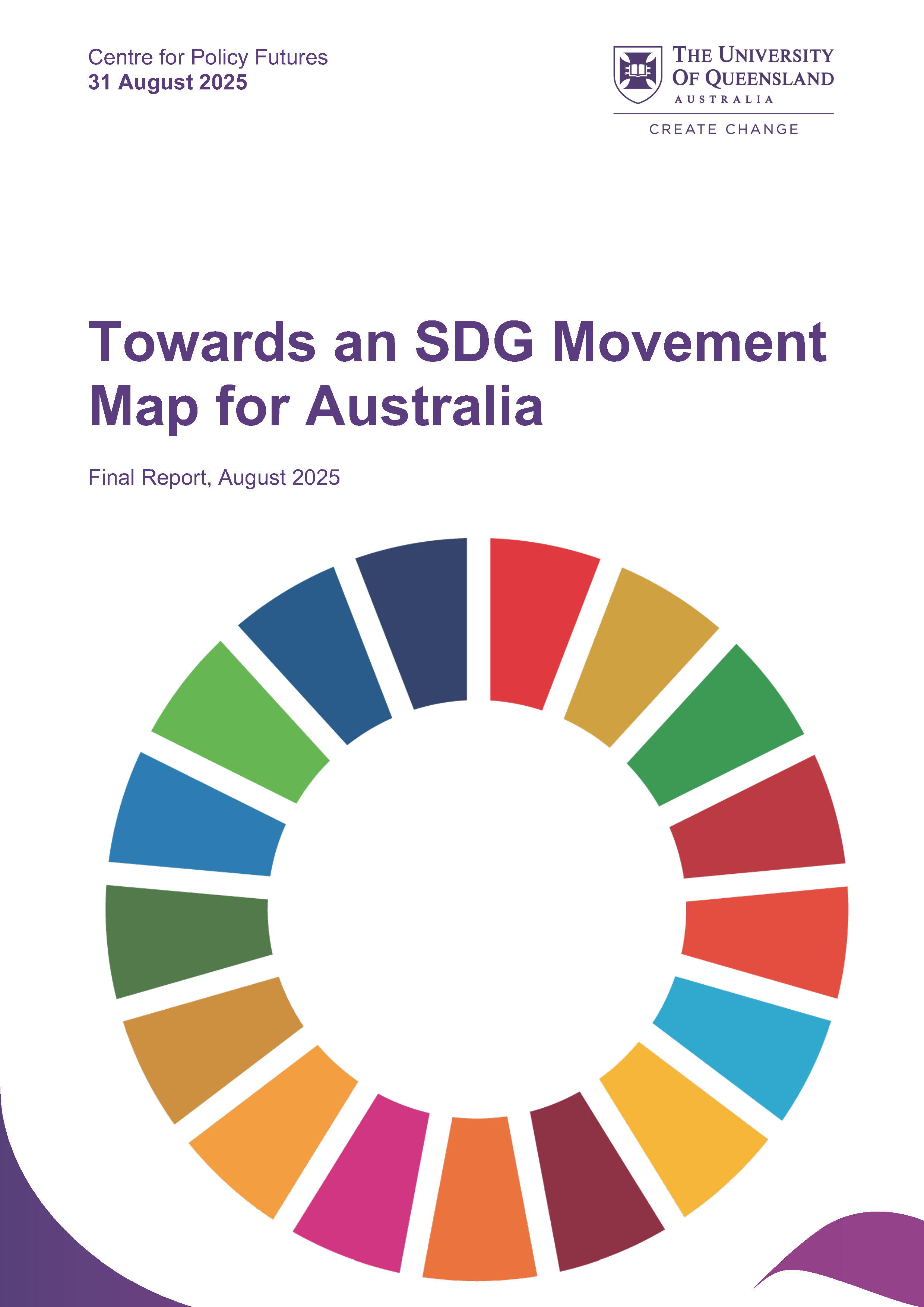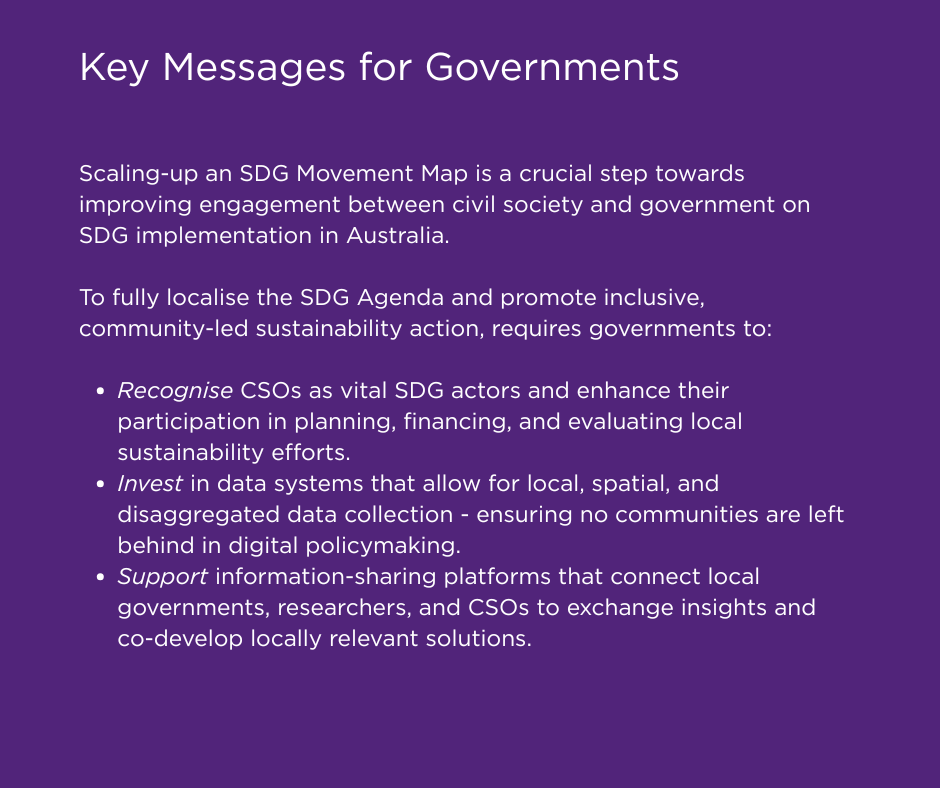Civil society organisations (CSOs) - including not-for-profits, charities, social enterprises, and advocacy coalitions - play a pivotal role in advancing Australia’s progress toward the United Nations Sustainable Development Goals (SDGs).
Working across a wide range of sectors, CSOs make substantial contributions to addressing social, economic, and environmental inequalities. However, the interconnected nature of the SDG framework remains poorly understood and communicated within the sector. This highlights the need for greater integration of rights-based and systems-based approaches in civil society reporting and impact assessment.
Despite their essential role, Australia currently lacks a national SDG monitoring framework that adequately captures the contributions of CSOs, particularly in relation to human rights and coordinated, cross-sectoral action.





Research and reporting on how CSOs align with the SDGs remain limited, even though many in the sector are eager to adopt SDG-based tools to evaluate and communicate their work. This research aimed to digitally map the SDG ecosystem of Queensland’s charity and not-for-profit sector to increase visibility of CSO-led sustainability activities and their impacts.
Using data from the Australian Charities and Not-for-profits Commission, the study identifies 5,868 registered charities in Queensland and analyses their publicly available information using AI-assisted digital tools.
In particular, it focuses on organisations classified as ‘promoting or protecting human rights,’ examining how their actions align with the SDG framework. This digital mapping provides a baseline for understanding which SDGs are most and least addressed, how they are distributed geographically across Queensland, and the extent to which CSOs are engaging with multiple and interconnected goals.
This pilot SDG Data Observatory for Queensland - the first of its kind in Australia - boosts visibility of CSOs’ contributions to sustainable development. It offers a collaborative platform for data sharing, policy dialogue, and impact reporting, while supporting efforts to localise the SDGs by identifying gaps, fostering partnerships, and improving government policy coherence.
It also strengthens Australia’s commitment to the 2030 Agenda by paving the way for future investment in participatory digital infrastructure - supporting sustainability, human rights, and inclusive development. It presents a strong case for national expansion.
UQ's Centre for Digital Cultures and Society





